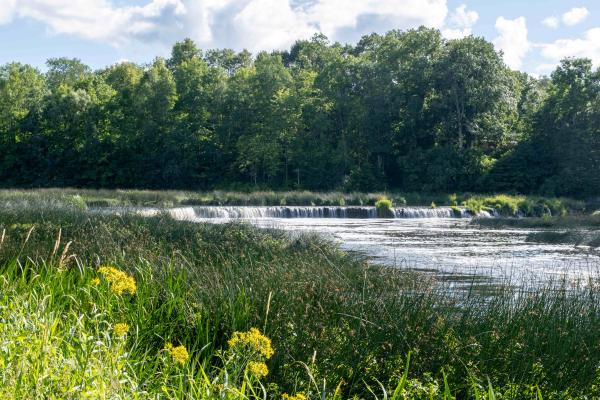Project summary
According to European Environmental Agency only 40% of the EU rivers, lakes, and coastal waters have good ecological status. Only 12% of floodplain area has low habitat loss, and the Ramsar Convention shows that Europe has lost 35% of its inland and coastal wetlands since 1970. Nature stewardship agreements are used in 23 EU countries to sum efforts towards conserving and restoring nature between public authorities, landowners, land users, and a range of civil society groups.
The RIWET project focuses on public-social-private partnerships to increase the contribution of local communities in restoration, management and stewardship of rivers and wetlands to answer questions like: Can municipalities, regions and public agencies restore river and peatland areas in a more efficient and less costly way by engaging communities, civic organisations and other landowners? What are the best tools and strategies for these partnerships?
10 partners and 4 associated policy authorities from 9 regions from across Europe and more than seventy stakeholders will form the RIWET cooperation between 2024-2027 to co-design policy innovations for long-term transformational change. These will contribute to improving policies like national river basin plans, regional natural area strategies or municipal restoration funds or a new river nature park in an urban plan. In all these cases, engagement of different society groups, civic organisations farmers and other landusers are central to more innovative and effective public policies.
RIWET contributes to these challenges through policy learning and capacity building in each of the participating regions guided by focus themes that will discuss and identify best practices via regional, international and online exchange activities. The final results for RIWET will secure policies for better efficiency and quantity of river and wetland ecological restoration through long-term alliances between public, social and private actors.
